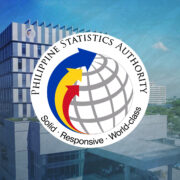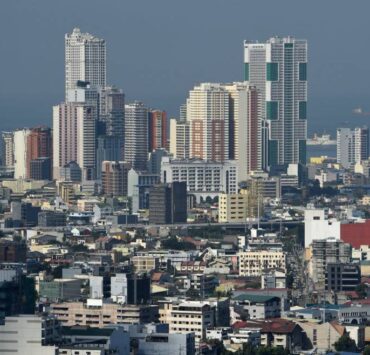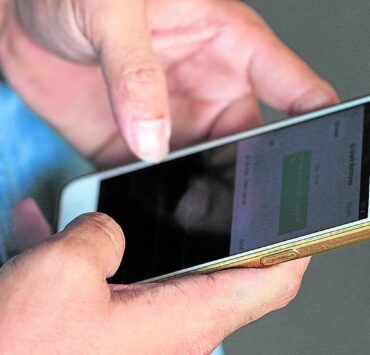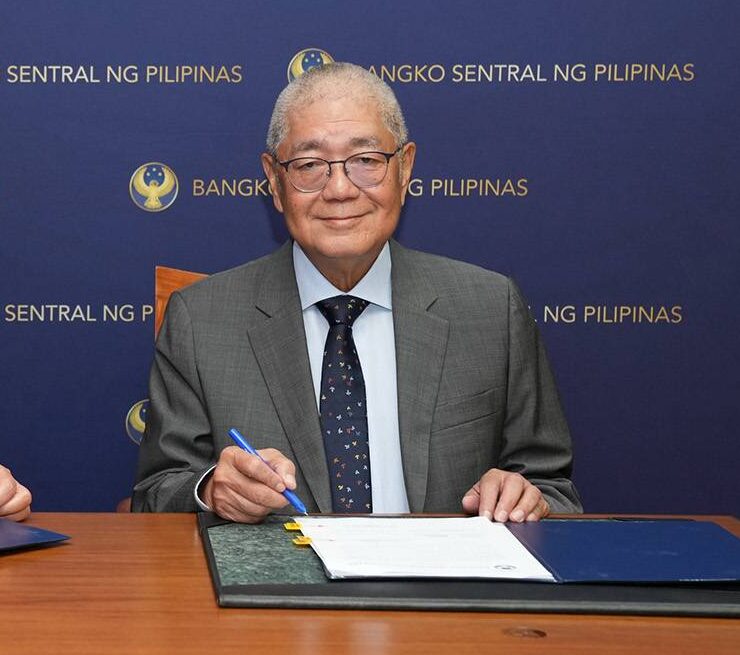Graft scandal seen to chill investments until 2026
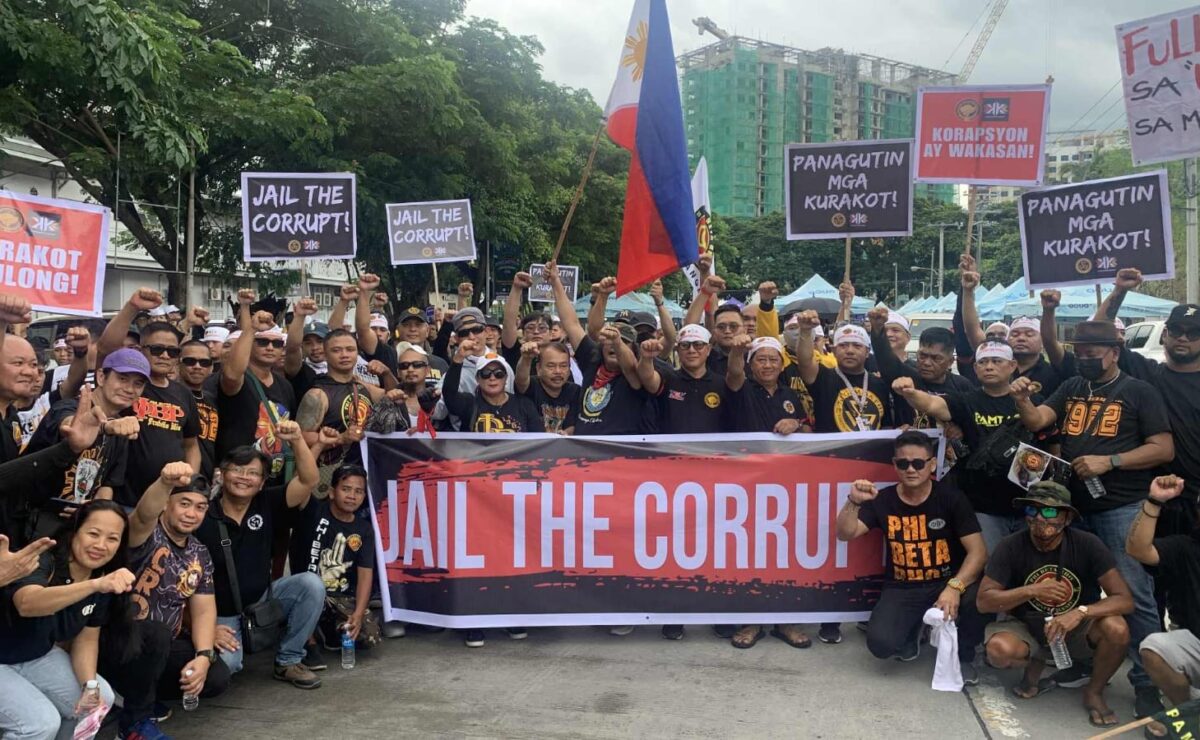
The ongoing corruption scandal threatens to further erode the Philippines’ appeal to job-generating foreign investment at a moment when global headwinds are already darkening investor sentiment, a weakness that could persist until next year.
Even so, BMI, a unit of the Fitch Group, noted that a weaker peso could provide a modest buffer by making exports more competitive amid unsettled trade conditions, helping to offset some of the pressure that softening investment flows are placing on the country’s external accounts.
BMI, in a note to clients, said the deepening probe into anomalous flood control projects compounded investor concerns about global trade uncertainty, triggering a slump in foreign direct investments (FDI).
Data from the Bangko Sentral ng Pilipinas (BSP) showed that in August, FDI inflows still outpaced outflows by $494 million.
However, the net inflow was 40.5 percent lower than a year earlier—the steepest decline in six months.
Unlike so-called hot money, which can flee at the first sign of trouble, FDI typically represents longer-term commitments that generate jobs and support industrial growth.
“The corruption scandal will dampen foreign direct investment inflows into 2026, adding to pressures from macroeconomic uncertainty and global trade tensions,” BMI said.
The graft scandal—which has gutted business confidence, stalled public works and forced out members of Mr. Marcos’ Cabinet—pulled economic growth down to 4 percent in the third quarter, a four-year low.
The governance crisis also sent shock waves through financial markets, dragging the peso to new record lows and placing Philippine equities among the world’s weakest performers this year.
In an interview, Michael Enriquez, president of Sun Life Investment Management and Trust Corp. (SLIMTC), said investments could stay “flat” over the next three quarters, with gross domestic product (GDP) likely stuck at around 4 to 5 percent this year and in 2026 (see related story).
“That really has taken a backseat not only on hot money investing in the Philippines but also the real investments pouring into the country,” Enriquez said.
“I think there are a lot of questions [about] the stability of the economy and of the government,” he added.
Looking ahead, BMI said the central bank may respond to the disappointing third-quarter growth by delivering another quarter-point rate cut in December. That move could place additional pressure on the currency, the firm said, projecting the peso to weaken to about 59 per dollar by the end of 2025 and 59.50 by late 2026.
But BMI noted that the peso’s depreciation could still work to the country’s advantage by bolstering exports, helping to ease some of the strain on the external accounts, which have been pressured by unpredictable US trade policies and domestic headwinds.
The Fitch unit expected a modest narrowing of the current account deficit—from 4 percent of GDP in 2024 to 3.4 percent in 2025 and 3.2 percent in 2026.
“On one hand, continued tariff uncertainty under an unpredictable US trade policy could widen the deficit,” BMI said. “On the other hand, ongoing negotiations to lower the 19% ‘reciprocal’ tariff could narrow the current account deficit, bringing it closer to BSP’s target of 2.9 percent in 2026 if successful.”
For SLIMTC’s Enriquez, the central bank’s rate cuts would “pump-prime” consumer spending and revive capital formation. He also banked on participation of the private sector to offset the slowdown in government infrastructure spending.
“If you think about it, spending on roads or cramping down on construction is not just the construction sector. All the other businesses will be affected,” he said.
“So, if we can look for other ways to augment that, in terms of the private sector, it will really help our economy,” he added.













